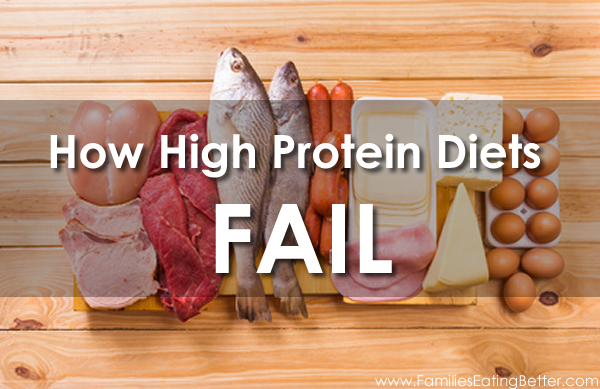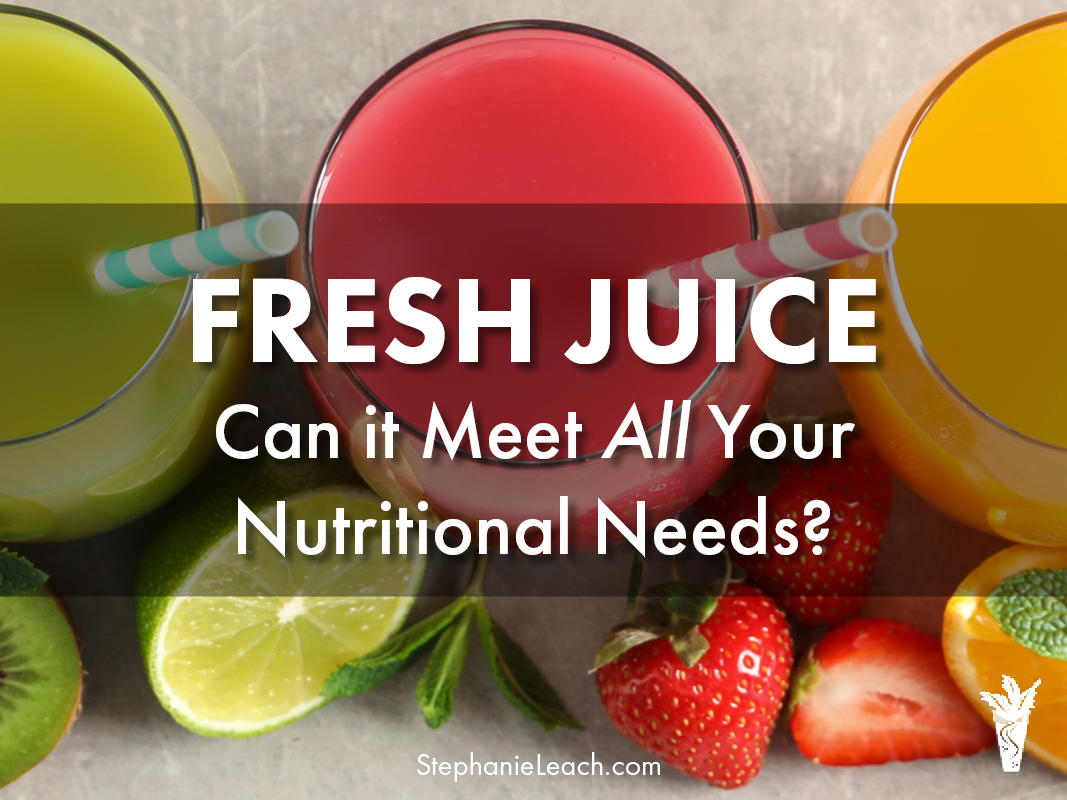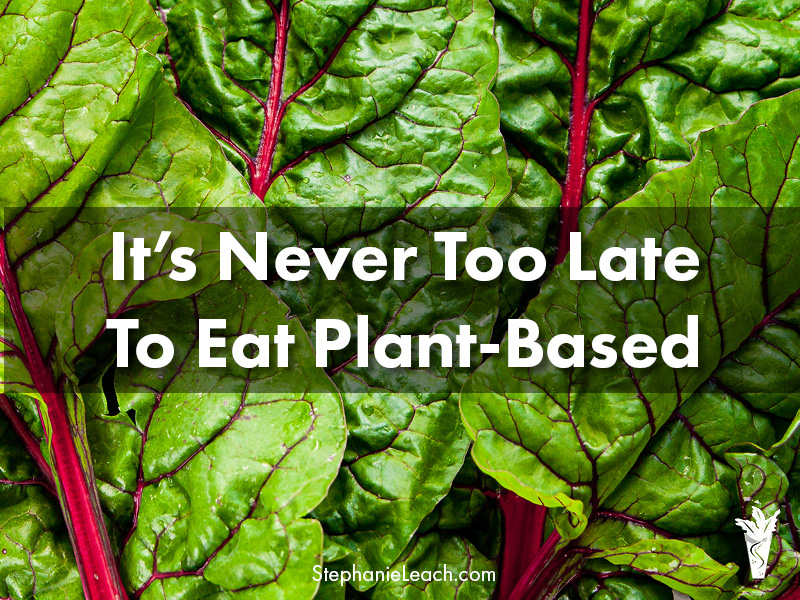In recent years, high protein diets have become popular for weight loss.
News outlets like Women’s Health publish articles with titles like “Protein: Your Secret Weigh-Loss Weapon,” that feature astounding statements, including “The moment it leaves your fork, protein starts winnowing your waistline.”
Other popular websites like Eat This, Not That! claim that “protein helps build flubber-frying lean muscle mass.”
While I appreciate clever alliteration as much as anyone, I appreciate solid science more.
Individuals on these diets may lose weight, but are they healthier?
It’s a good question to ask, especially if you have health goals beyond weight loss.
You may be thrilled to drop a few dress sizes, but you may also want to avoid serious health conditions like type 2 diabetes or heart disease.
For a long time it was just assumed that any kind of weight loss would improve a person’s health. But new studies are calling high protein diets into question.
A High Protein Diet Surprise
In a study published in November 2016, women were divided into three groups. One was the control group. The second group of women were put on a low-calorie diet for weight loss, with the normal recommended protein intake, 0.8 g protein/kg/day. The third group was put on a high-protein version of the diet, consuming 1.2 g protein/kg/day.
Both the normal protein and high protein dieters lost about the same amount of weight. The normal protein intake dieters experienced the improved insulin sensitivity expected with weight loss – a critical factor in the battle against type 2 diabetes.
How did the high protein dieters fare? Surprisingly, they were not metabolically healthier. The high protein diet blunted insulin-stimulated glucose uptake.
The high-protein diet completely wiped out an important benefit of weight loss.
And the difference in lean muscle mass loss between the two groups? The data showed this concern to be unfounded, as the difference between the two groups was insignificant.
Weight loss alone just isn’t enough. For a truly healthy body that will serve you well into your 80s, 90s and beyond, dietary composition is important.
Fortunately, a whole food, plant-based diet yields adequate protein without the problems associated with current high protein fad diets. Individuals that transition to plant-based nutrition experience significant weight loss with improved insulin sensitivity and cardiovascular health.
Want to learn more?
Get Your Copy of my Free Guide: Whole Food, Plant-Based Diet and Lifestyle Action Guide








Leave A Comment